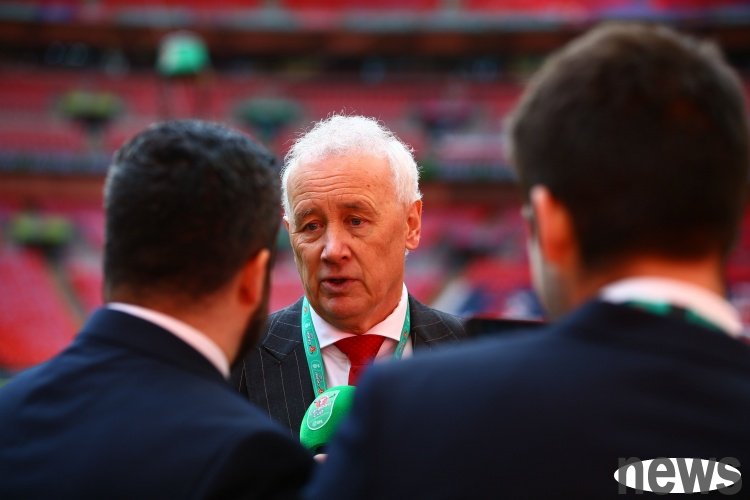The Guardian reported that the English Football League (EFL, which operates the English Championship, English League One and English League Two) will oppose the radical proposal of English League One clubs to introduce a salary cap of 4.7 million po...

The Guardian reported that the English Football League (EFL, which operates the English Championship, English League One and English League Two) will oppose the radical proposal of English League One clubs to introduce a salary cap of 4.7 million pounds and impose a luxury tax on overspending clubs.
This month, 18 English League One clubs wrote to EFL chairman Rick Parry, advocating the implementation of fixed team wages. They believe it is necessary to control expenditures at a level where the median loss of 24 clubs last season reached 5.2 million pounds.
Clubs led by Peterborough United and Reading have also proposed a 100% tax on every penny spent over the salary cap, creating a fund that would be redistributed to clubs that comply. Luxury taxes are common in American sports, with both Major League Baseball (MLB) and the NBA using them to enforce salary caps.
It is understood that Parry has acknowledged receipt of the letter and expressed a willingness to discuss ways to promote greater sustainability and reduce reliance on owner funding, but will not support these reforms. It is reported that the matter was discussed by the EFL board of directors on Thursday, and the board concluded that it would not support the club's proposal.
Four years ago, the EFL attempted to introduce salary caps in League One and League Two after the COVID-19 pandemic caused many clubs to face severe financial problems, but was blocked by a legal challenge from the Professional Footballers' Association (PFA).
The PFA has also threatened to challenge the Premier League's proposal to introduce a financial regulatory scheme called "anchoring", which would limit each club's spending on player transfer fees and wages to no more than five times the central media revenue earned by the bottom club in the previous season. Premier League clubs are scheduled to vote on the anchoring mechanism at their shareholder meeting next Friday.
It is understood that the EFL board has concluded that it would be irresponsible to support a salary cap that is also likely to face legal challenges from the PFA. There are also concerns about one level seeking to impose fundamentally different financial provisions.
England League One can act on its own, with changes to financial regulations requiring a two-thirds majority vote from clubs in that level, but it is unclear whether they are willing to go against the wishes of the EFL board.
The profitability and sustainable development rules of the English Championship are consistent with those of the Premier League and are different from the wage cost management agreement used by League One and League Two, but the basic principles are the same.
The EFL is expected to tell League One clubs that there are other ways to control spending. League One clubs can spend 60% of their turnover on player expenses. In League Two, the cap is 50%, which also includes the head coach's salary.
The Guardian contacted the EFL but they declined to comment.